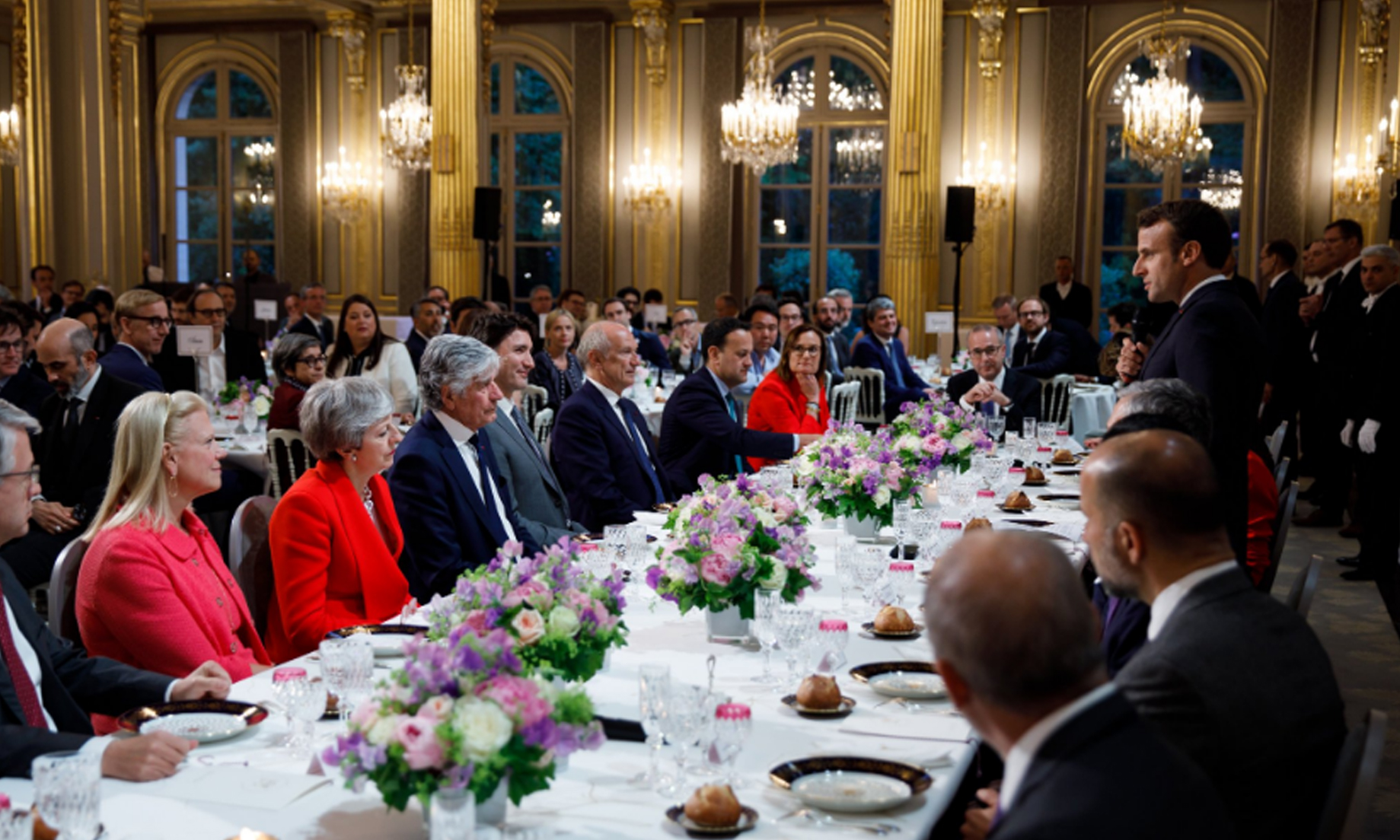PARIS, May 16 (NNN-AGENCIES) – Google, Microsoft, Facebook, Twitter and Amazon later released a nine-point plan for jointly putting the Christchurch pledges in motion, in particular for addressing the threat posed by livestreaming.
New Zealand Prime Minister Jacinda Ardern has been pushing for action from internet companies since mass shootings at two mosques in the city of Christchurch in March.
The killings were live-streamed by the shooter, a suspected white supremacist, for 17 minutes before Facebook removed the stream. Clips then rapidly spread online.
The internet firms, which also include Amazon, Twitter, Microsoft and Dailymotion, have committed to ensuring the “immediate and permanent” removal of online terrorist and violent extremist content.
“It is unprecedented that we have an agreement here today that involves both governments and tech companies,” Ardern said after talks in Paris agreed a joint statement named the Christchurch Call. “In the past we had one or the other.”
The internet firms say they will prioritize the moderation of terrorist and violent extremist content and will make their rules about such content more obvious for users.
They will also review “algorithms and other processes that may drive users towards and/or amplify terrorist and violent extremist content.”
Hours before the launch, Facebook said it was introducing new restrictions on live-streaming.
“Following the horrific terrorist attacks in New Zealand, we’ve been reviewing what more we can do to limit our services from being used to cause harm or spread hate,” the company said in a blog post.
Effective Tuesday it will start implementing a “one strike” policy which will see individuals who violate its “most serious policies” get immediately blocked from using the live feature for a set period of time.
The company plans to invest 7.5 million dollars in new research partnerships to improve image and video analysis technology to stay ahead of media manipulation used to repost banned material.
Ardern welcomed the Facebook move but added that the initial set of measures were “first steps” and governments were looking forward to “further work to stop social media being perverted as a tool for terrorism.”
Twitter founder Jack Dorsey, Microsoft president Brad Smith and Facebook vice-president Nick Clegg were among those attending the talks in Paris.
Leaders from Britain, Canada, Indonesia, Ireland, Jordan, Norway, Senegal and European Commission President Jean-Claude Juncker were also present and officially adopted the initiative.
Macron said the talks had discussed “precise and technical questions” such as how to act quickly, including intervention when content began to go viral.
A second meeting in September would aim to bring more governments and companies on board as well as listing more “concrete actions” to be taken and reviewing what content had been removed to date as a result of the initiative, he added.
The Elysee Palace said that in addition to the countries that had adopted the initiative, it had the “support” of seven other countries including Australia, Germany and India.
The United States refused to endorse the initiative but said it agreed with the “overarching message” of it.
“While the United States is not currently in a position to join the endorsement, we continue to support the overall goals reflected in the Call,” a White House statement said.
“We will continue to engage governments, industry, and civil society to counter terrorist content on the internet.”
Earlier, Macron had argued that Canadian Prime Minister Justin Trudeau’s support for the initiative showed North America was shifting towards an appreciation of the need to combine better regulation of content with protecting the freedom of expression.
The French president said that in the “North American world” the freedom of expression was “a very strong and essential value.”
NNN-AGENCIES






